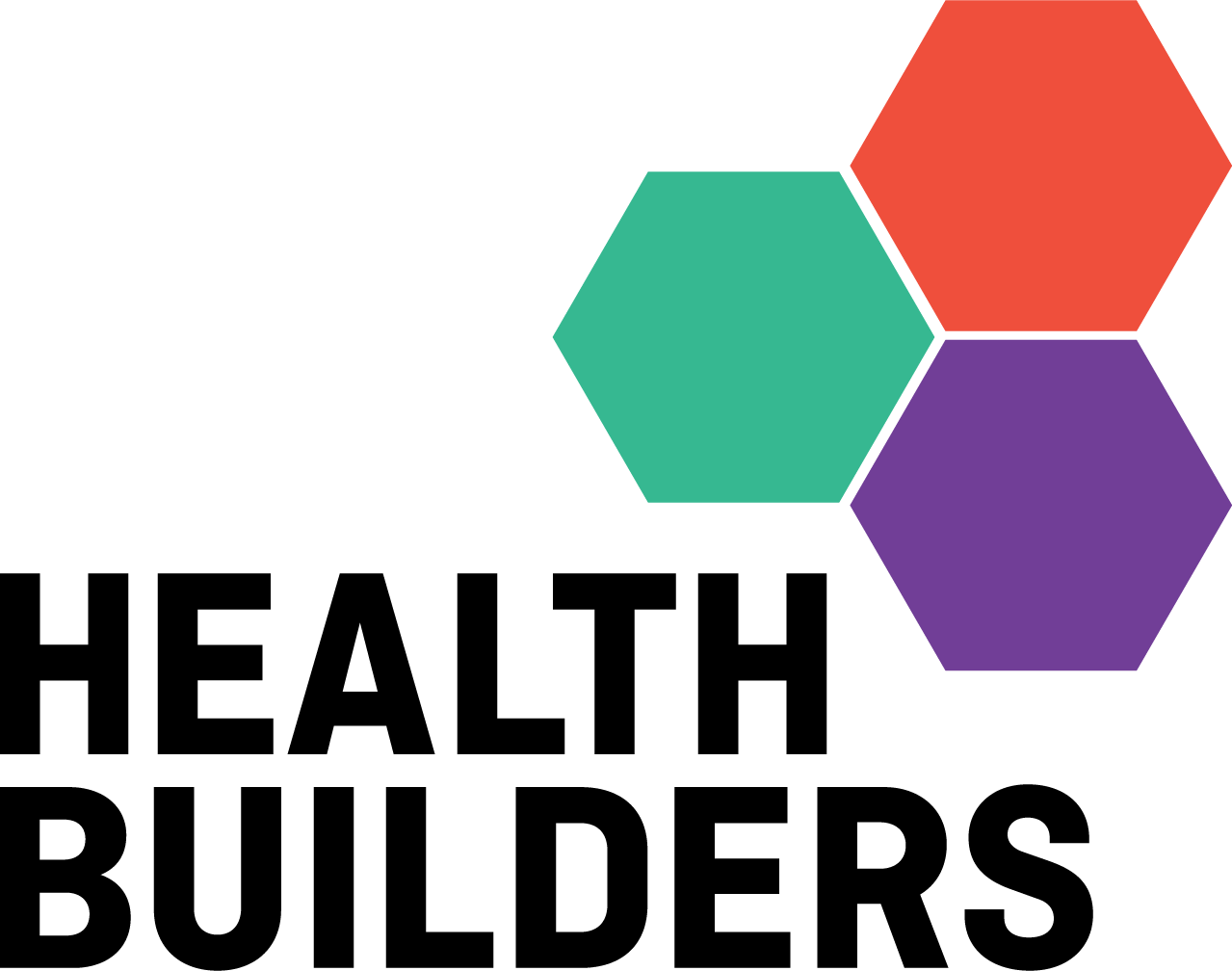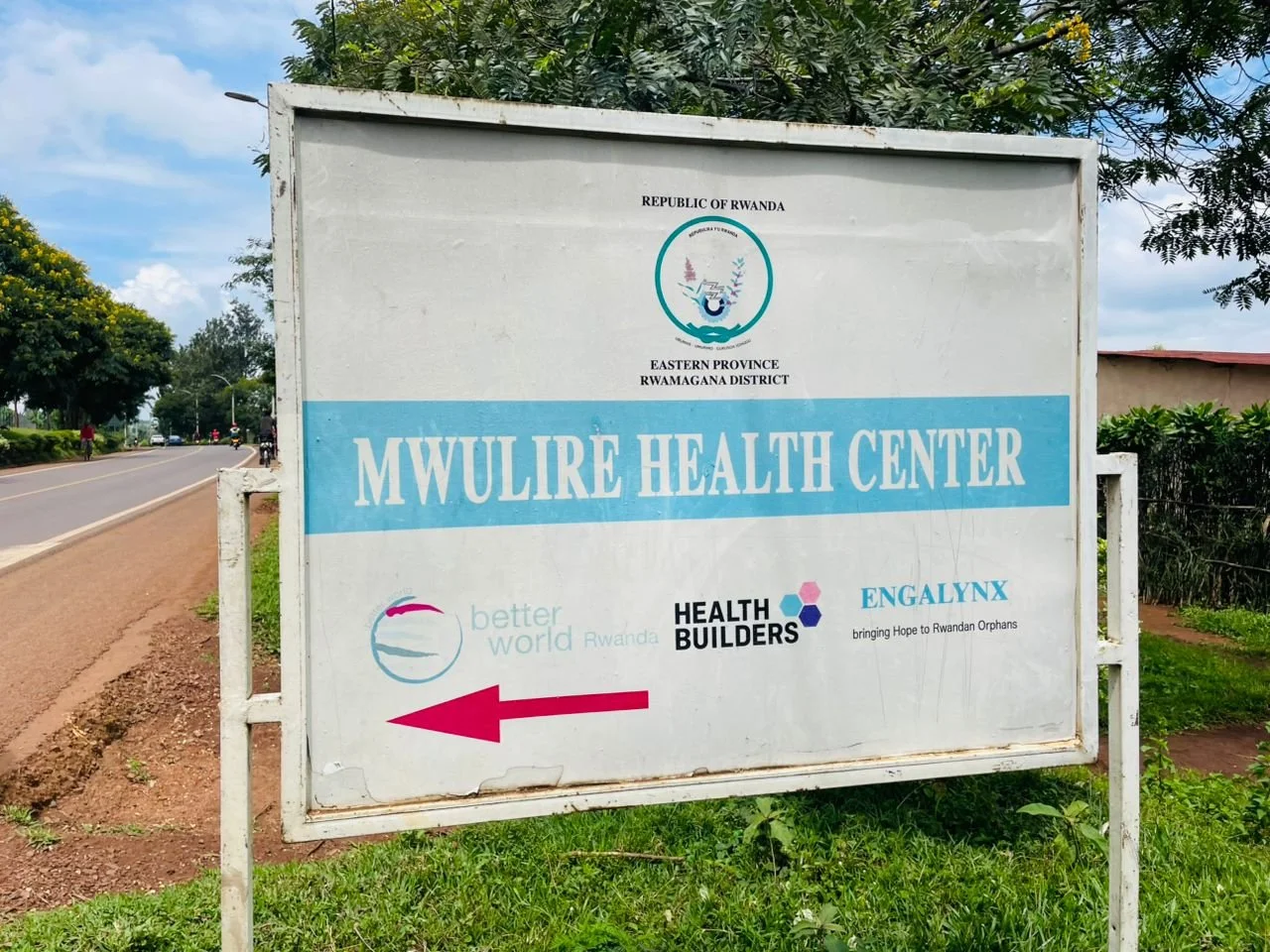Transforming Healthcare at Mwulire Health Center
Brief History of Ntunga Health Post
Before Mwulire Health Center began operations in May 2023, the only health care option for people living in the town of Ntunga in east-central Rwanda was Ntunga Health Post.
Unfortunately, due to limited staff and medical infrastructure, this health post wasn’t able to meet the needs of the community. With only two nurses (from other health centers), Ntunga Health Post was only able to offer outpatient consultations and laboratory tests. This gap forced many patients to seek care elsewhere, often traveling long distances and risking health complications due to delayed treatments or missed check-ups. Some women even delivered babies at home due to the lack of accessible maternal services, significantly impacting maternal and child health outcomes.
The Transition to Mwulire Health Center
In May 2023, through a strong collaboration between the Rwandan government, Health Builders, and local partners, Ntunga Health Post was transformed into a full-fledged Mwulire Health Center. The new facility is equipped with essential medical infrastructure and equipment donated by generous partners and operates around the clock, 7 days a week
Health Builders’ partnership with the Rwanda Ministry of Health and Rwamagana District enabled Mwulire Health Center to expand its service offerings significantly. The center now provides a wide range of critical health services, including:
Outpatient Consultations (OPD)
Antenatal Care (ANC)
Minor Surgery
Mental Health Services
Gender-Based Violence (GBV) and Adolescent Sexual and Reproductive Health (ASRH)
Nutrition Programs
Vaccination Campaigns
Non-Communicable Disease (NCD) Management
Family Planning
Infectious Disease Treatment and Follow-up (HIV, TB, Hepatitis)
Pharmacy Services
Laboratory Services
Ultrasound Imaging
Coordination of Community Health Workers (CHWs)
This remarkable expansion allowed for a significant reduction in hospital referrals. Previously, people who required specialized care, such as pregnant women requiring delivery services or individuals suffering from the effects of non-communicable diseases such as diabetes or hypertension, were automatically referred to hospitals. Today, only the most complicated cases are referred, with the majority of treatments now managed directly at Mwulire Health Center.
Service Expansion and Community Impact
The establishment of a fully-operational Health Center has brought healthcare closer to the community, dramatically improving health indicators:
No maternal deaths during childbirth in the first 23 months
Increased institutional infant deliveries and safer childbirth experiences
Wider immunization coverage for children, safeguarding against vaccine-preventable diseases
Effective treatment of chronic diseases like HIV, tuberculosis, and NCDs
Shorter travel distances for community members, saving time and reducing health risks associated with delayed treatment
Mwulire Health Center Impact: By the Numbers
Outpatient department (OPD)
Over its first 23 months, Mwulire Health Center registered a remarkable 48,798 new cases at its OPD. This is an average of 2,122 new cases per month, highlighting its critical role in providing primary healthcare and medical consultations. The center's commitment to accessible healthcare has made it a trusted destination for thousands of community members.
Integrated Management of Childhood Illness (IMCI)
Child health remains a top priority at Mwulire Health Center. In the past 23 months, 7,563 children received essential IMCI services, averaging 329 children per month, ensuring timely intervention for childhood diseases and contributing to healthier futures for the youngest members of the community.
Maternal Health Services
The center's focus on maternal health is evident. 1,625 women registered for Antenatal Care (ANC) in a period of 23 months. The average of 71 new ANC registrations per month reflects the community’s trust in the facility for maternal health services. These early interventions are crucial for reducing maternal and infant mortality rates.
Also during the first 23 months, 717 safe deliveries were conducted, averaging 31 deliveries per month. All but 1 of the 717 mothers received Postnatal Care (PNC) within 24 hours of birth, ensuring both mother and child are monitored for any health concerns.
Sustainability & Future Outlook
Mwulire Health Center remains committed to maintaining its infrastructure, medical equipment, and quality services. Community involvement in protecting the facility, maintaining cleanliness, and safeguarding infrastructure is a priority. Ongoing staff training and capacity-building are planned to further improve service quality and operational efficiency.
As part of its commitment to sustainability and continuous improvement, Health Builders is actively involved in mentorship and capacity building for the healthcare staff.
Our work focuses on developing effective management practices and sustainable health service delivery models while enhancing clinical skills of the healthcare staff. Through regular mentorship sessions and targeted training, Health Builders supports Mwulire Health Center in maintaining high standards of care and expanding its service capabilities.
Through collaborative efforts and community support, Mwulire Health Center envisions a sustainable future where accessible, quality healthcare is the standard, not the exception.










